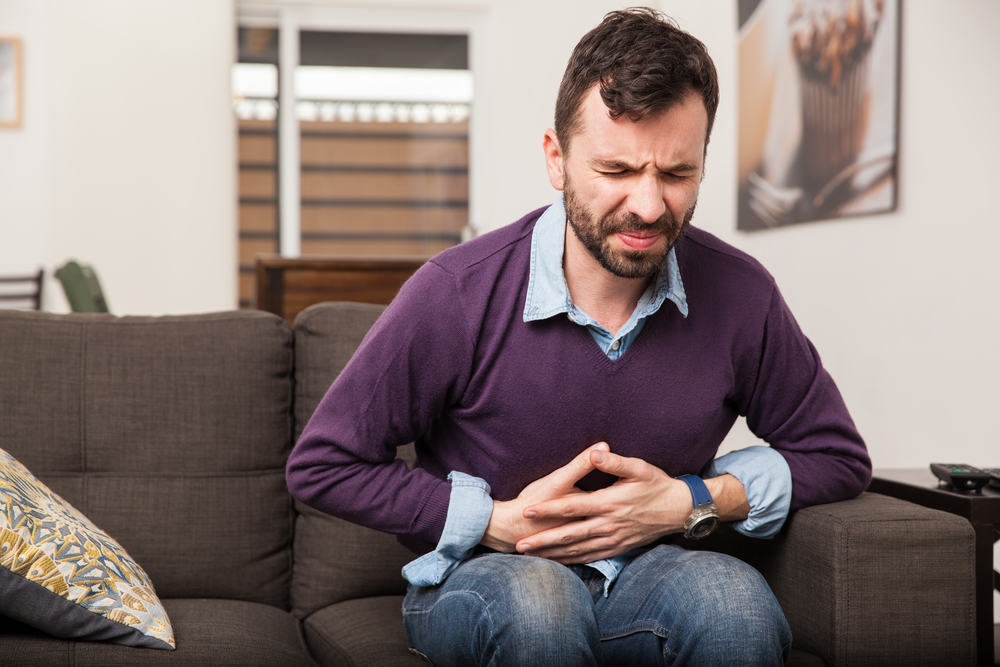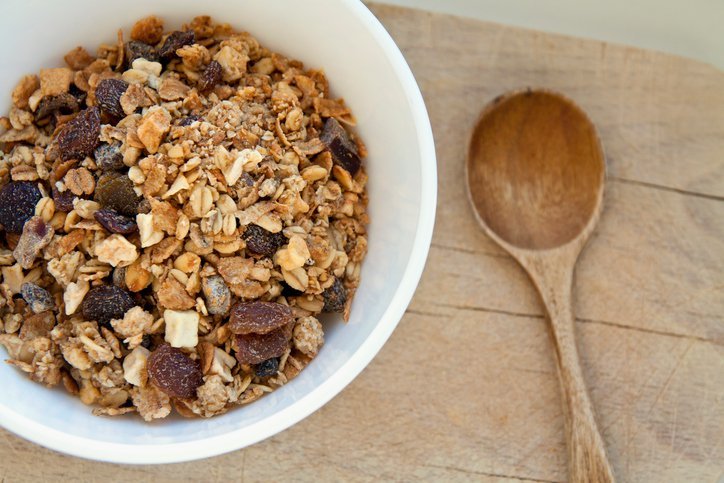Contents:
- Medical Video: How To Prevent Food Poisoning From Bacteria
- The type of bacteria that is a source of food contamination
- How do you keep food from bacteria?
- When shopping for groceries
- Food storage
- Prepare and cook food
- Fruits and vegetables
- Food presentation
Medical Video: How To Prevent Food Poisoning From Bacteria
Food poisoning can occur if we do not maintain food or drinks from viruses, bacteria, and other microorganisms that can cause various infectious diseases. Based on WHO data in 2015, the mortality rate from food poisoning reaches 420 thousand lives every year. At least as many as 125 thousand children under five are sick due to food poisoning per year. The highest poisoning rates occur in the continents of Africa and Southeast Asia, including Indonesia.
The type of bacteria that is a source of food contamination
The following are types of bacteria that often cause food contamination
- Clostridium botulinum is a bacterium that can cause botulism in humans. These bacteria can be found in canned foods and other packaged foods
- Escherichia Coli can be found in raw foods, such as raw meat, raw fruits and vegetables, pasteurized milk.
- Salmonella commonly found in poultry, raw beef, and unprocessed milk products, immature eggs, seafood, and can spread through people to people who prepare food.
- Shigella can be found in the person who prepares the food by touching the food that the person was previously infected with shigella bacteria
- Listeria monocytogenes found in processed foods such as cheese, sausages, processed meat products.
- Campylobacter jejuni found in shells, poultry, unprocessed pure milk, and less clean water.
- Clostridium perfringens can be found in foods that are left at room temperature for some time.
How do you keep food from bacteria?
Food is a good intermediary for bacteria to multiply. Bacteria found in food grow because of various things, such as not getting used to washing hands cleanly, cross contamination, storage and cooking temperatures, and contamination of food from waste. Contamination can occur even after you buy food on the market until when the meal comes.
When shopping for groceries
- When shopping, you should separate meat, poultry and meat seafood with other types of food ingredients in your shopping basket.
- When inserting it into plastic, separate the food from other foods and items
- Cover the food with plastic to prevent contamination of other food ingredients
Food storage
- Place raw foods such as meat and seafood into a plastic container.
- Place the eggs in a special carton to store the eggs and store them in the refrigerator immediately after purchase.
Prepare and cook food
- Wash hands with soap and running water and clean the area around the kitchen. This needs to be done because bacteria can easily spread in the kitchen area, through cutting boards, and various other tools that have been used to prepare food.
- Use a clean cloth that has been moistened with warm soapy water to clean the surface of the kitchen table. Don't forget to wash the cloth frequently, so that no bacteria is left behind.
- Wash cooking utensils with warm water when before or after cooking.
- Use different cutting boards and knives for each type of food, separate cutting boards and knives to cut vegetables with wet food ingredients such as meat.
Fruits and vegetables
- Rinse fresh fruits and vegetables with running water to remove dirt on the surface of fruits and vegetables.
- Discard the outermost layer of lettuce or cabbage.
- Bacteria can grow well on the surface of fruits or vegetables, so do not leave fruit or vegetables that have been cut in the open air for hours.
Food presentation
- Always use clean equipment.
- Do not place food that has been re-cooked in the same container before the food is raw.
READ ALSO
- What should be done during food poisoning?
- Rainy Season, Recognize Symptoms of Leptospirosis Bacteria
- Preventing Death from Rabies Transmission in Humans












